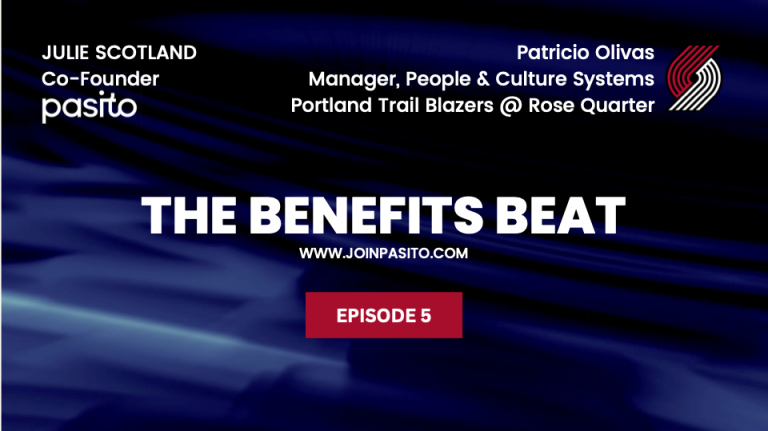Parting with a parent is never easy, especially when you’re expected to handle their last finances on top of mourning, funeral arrangements, and finding a new rhythm in life.
It’s enough to stress anyone out.
As an employer of someone whose parent passes away, you can’t take on the emotional burden. But you do still sit in a privileged position as you can alleviate some of the informational overload.
Keep reading to find out four valid ways you can support employees currently handling the death of a parent.
Give them time off
Many companies allow at least three days of paid leave for the death of an immediate family member. This is in addition to unpaid time off as well.
Whether your company policy permits it or not, do what you can to give your grieving employees time off.
No, Family and Medical Leave Act (FMLA) doesn’t cover bereavement leave. But yes, doing what you can to give your grieving employees time off is the right thing to do (and has long been known to wind up costing your organization less).
Let them know about the impact on retirement savings…
One of the more complicated accounts to inherit as a beneficiary is an Individual Retirement Account (IRA).
Those whose parents have passed away should reach out to the brokerage that holds the account for the specifics of their situation. In most cases, they’ll need to distribute the full amount of the IRA within 10 years of the person’s date of death.
When they take distributions from a traditional IRA, they’ll pay income taxes on these withdrawals similar to the taxes they pay on their job’s income.
… And that their tech-savvy children could own this (sadly unfortunate) next part
As brash as it may seem in the wake of mourning the death of a loved one, there’s still the risk of identity theft.
After someone passes away, it’s a good idea to communicate and send a death certificate to each of the three major credit reporting agencies to notify them of the death. The Social Security office will also notify them, but it can take months. The quicker the agencies receive notification, the lower the chance of credit being opened in their name.
Additionally, it can be helpful to close social media accounts, notify the Department of Motor Vehicles (DMV), and create a listing of financial accounts that were held by the deceased person.
Finally, remind them to omit birthday, address, mother’s maiden name, and other personal identifying information in an obituary to reduce the chance of identity theft.
Finally, continue supporting them throughout life events
We understand that you do what you can when supporting grieving employees.
But sometimes, your best won’t be good enough—especially when it comes to handling the complex, administrative to-do list that comes with the passing of a parent.
And that’s OK! For this reason, there are tax professionals who specialize in estates.
Encourage your employees to reach out to a local CPA who will be able to help with their specific situation.
And for more specifics on life events and how to support your employees throughout all walks of life, reach out to Pasito. We specialize in handling all the complex, tax-related questions the curveballs of life throw at you.








